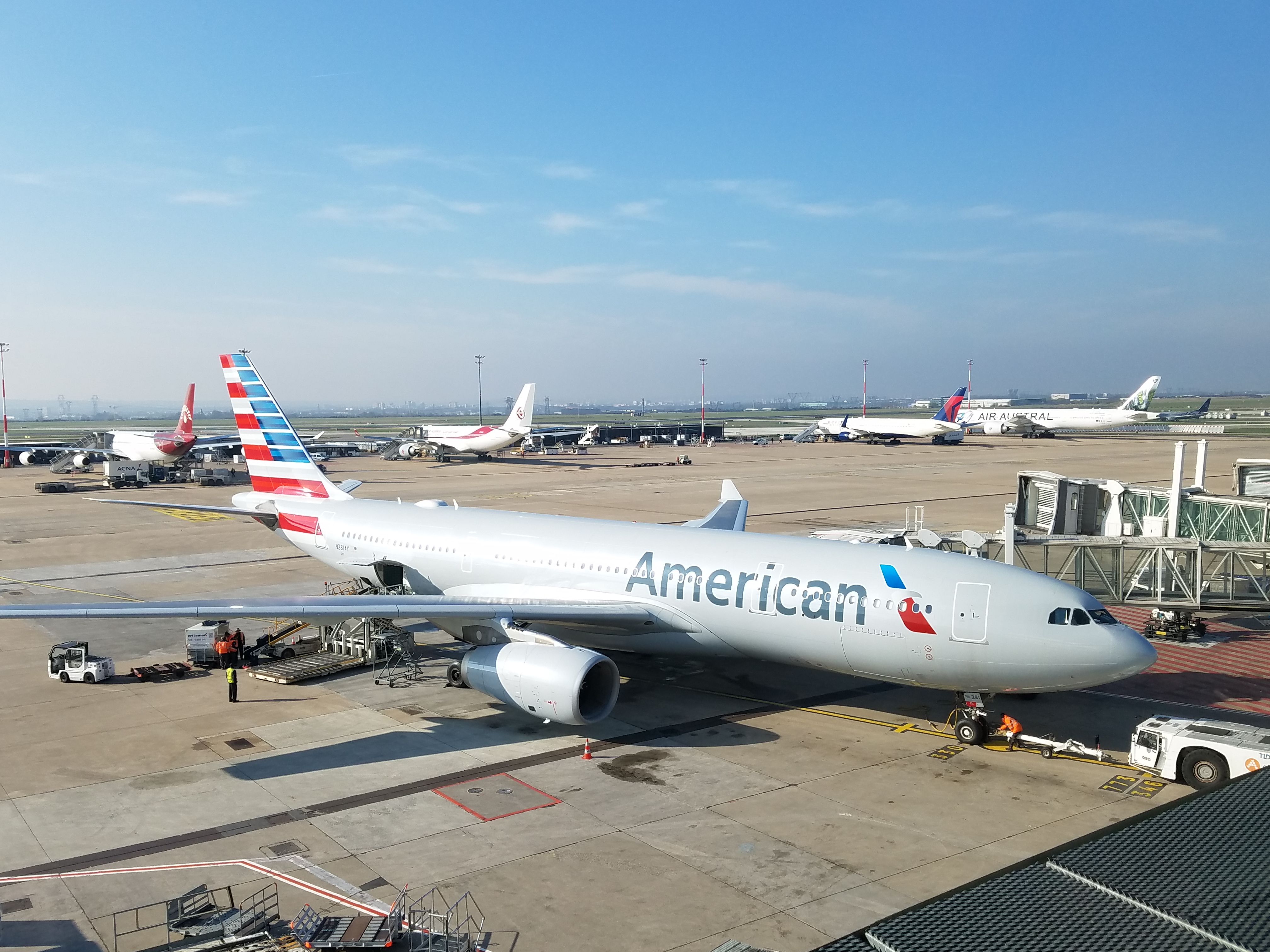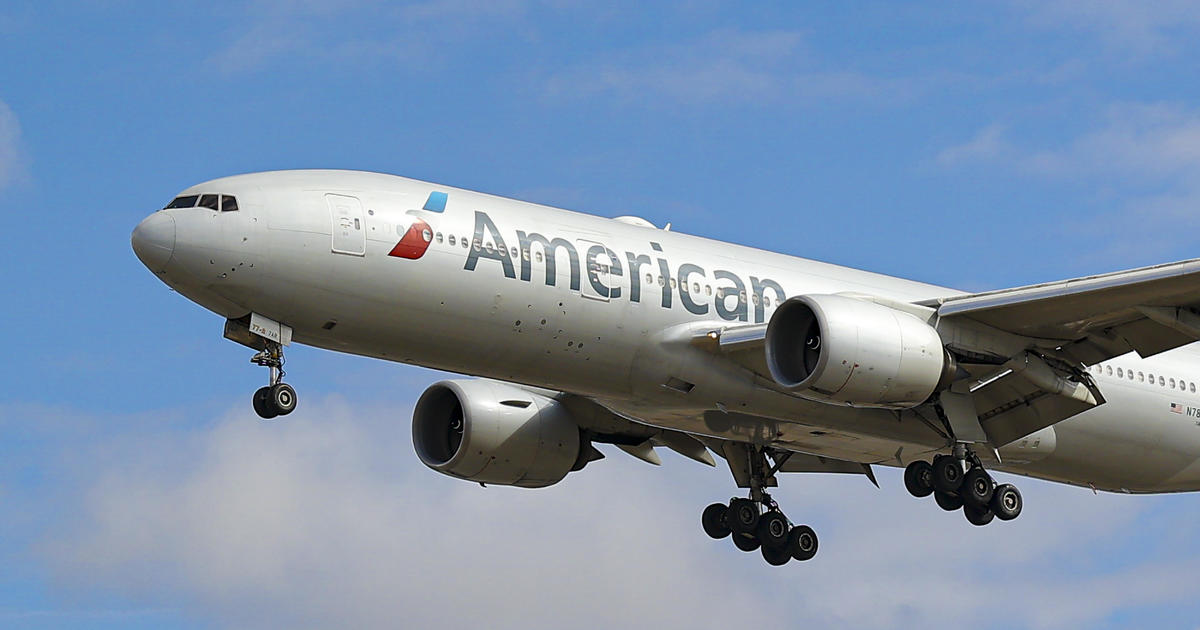American Airlines has revised its financial outlook, with CEO Robert Isom acknowledging that the airline miscalculated travel demand before the summer peak season.
Unexpected Revenue Shortfall and Competitive Pressures
The airline now expects a decline in total revenue per available seat mile of 5% to 6%, compared to the previously anticipated drop of 1% to 3%. Analysts Andrew Didora and Samuel Clough from BofA Global highlighted that this adjustment stems from increased domestic competition and a reduced share of corporate travel post-pandemic. In its regulatory filing, American Airlines adjusted its second-quarter earnings forecast to a range of $1 to $1.15 per share, down from the prior forecast of $1.15 to $1.45 per share. This revision falls short of analysts’ average estimate of $1.20 per share, as surveyed by FactSet. Following this announcement, the airline’s shares plummeted nearly 14%, closing at $11.62. This drop occurred a day after the disclosure that Vasu Raja, the airline’s chief commercial officer, would depart in June.
Strategic Shifts and Market Response
Raja had spearheaded an initiative to encourage customers to book directly through American Airlines’ app and website, bypassing third-party sites. This strategy also included eliminating the corporate sales team to reduce distribution costs. However, this move appears to have backfired, as American Airlines is now losing its share of corporate travel as it recovers post-pandemic. Diadora and Clough noted that this shift has negatively impacted the airline’s market position.
At an industry conference, Isom expressed a similarly pessimistic outlook. He noted that the airline’s domestic performance expectations had significantly deteriorated since April, attributing this to changes in the airline’s sales and distribution strategy. Isom acknowledged that customer bookings have been weaker than expected, partly due to these strategic changes.
Reevaluating Customer Loyalty and Sales Strategy
Isom praised Raja as an “innovator, a disruptor” and a good friend but admitted that a reset was necessary. In February, American Airlines announced that starting May 1, customers would need to buy tickets directly from the airline, its partner carriers, or preferred online travel agencies to earn points in its AAdvantage loyalty program. Raja had defended these changes, suggesting they would make travel more convenient and rewarding for customers who booked directly with American.
However, the changes faced criticism, with some customers unhappy about the new restrictions on earning loyalty points. Responding to the feedback, Isom announced that American would no longer differentiate who earns AAdvantage miles based on where tickets were booked. He emphasized the need to avoid creating confusion and disruption for customers and committed to adapting the airline’s strategies based on customer feedback.

Isom concluded, “We’re listening to feedback. We’re learning and adapting.” This statement reflects the airline’s recognition of the need for flexibility and responsiveness to maintain customer satisfaction and competitive advantage in a challenging market environment.
